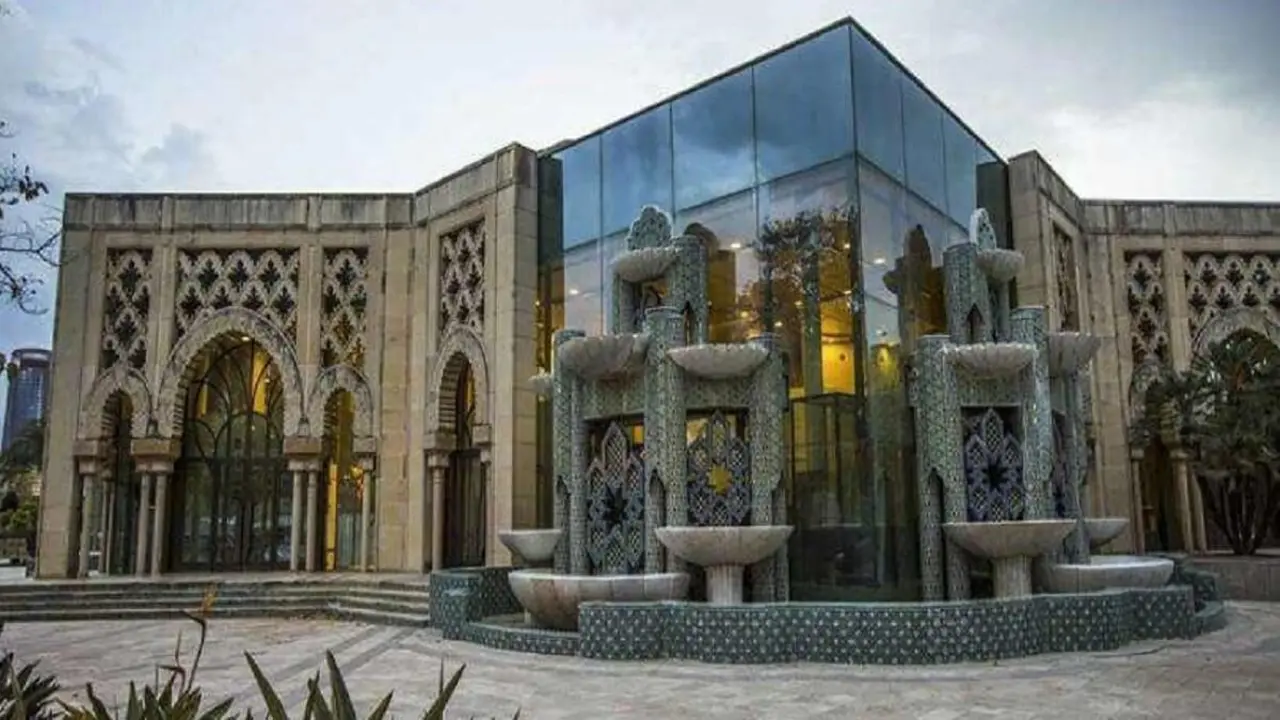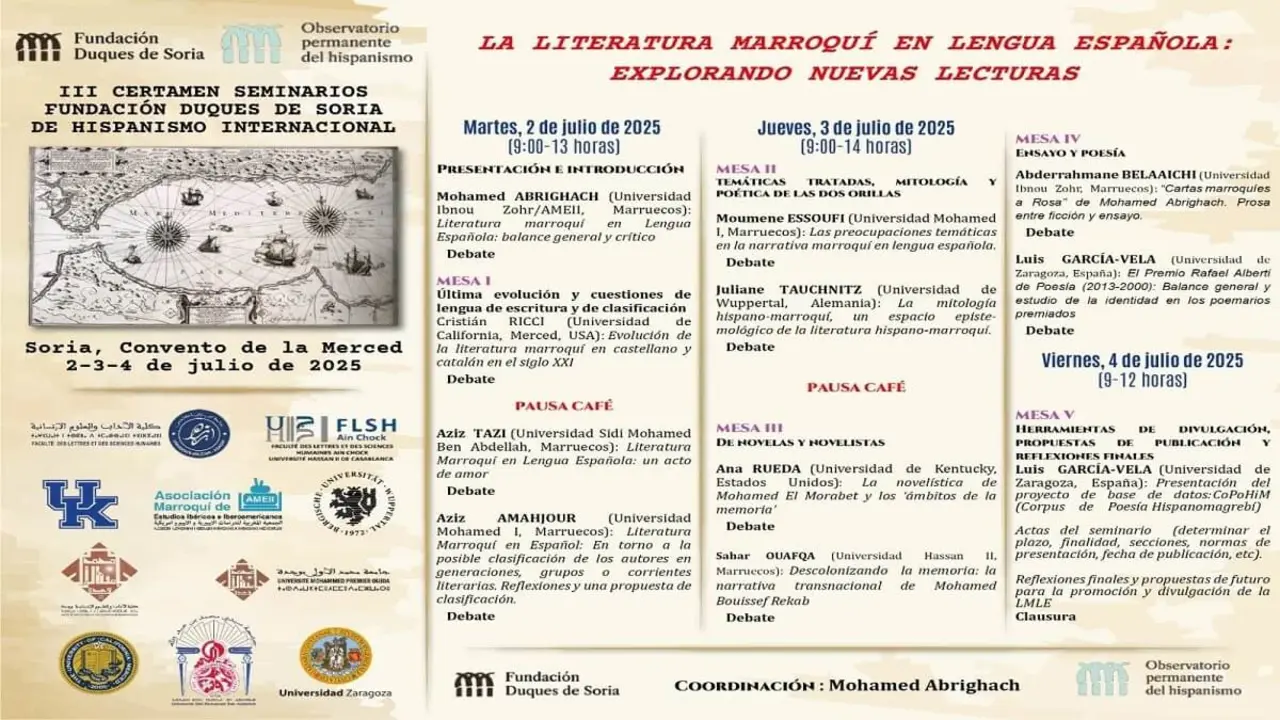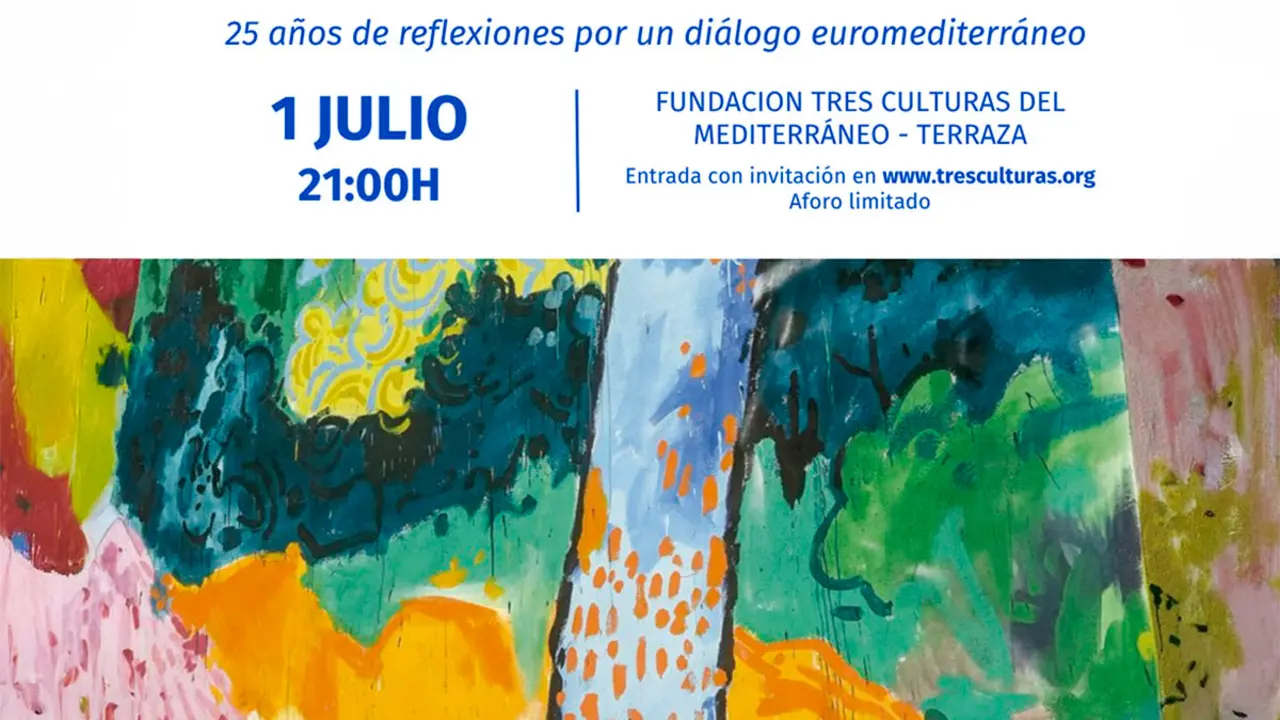The 9th CILE will turn Cádiz into the capital of the Spanish language

From 27 to 30 March, Cadiz will host the 9th edition of the International Congress of the Spanish Language (CILE), an event at which 300 participants from all over the Hispanic world will debate the reality of the Spanish language, its past, present and future, through lectures and debates which will take place in the Cadiz Conference Centre, as well as in other emblematic sites in the city.
Among the guests invited to this meeting, which is held every three years in different Spanish-speaking countries, the presence of prestigious writers and more than a hundred academics stands out. This ninth edition of the Spanish language summit is organised by the Cervantes Institute, the Royal Spanish Academy and ASALE, the Ministry of Foreign Affairs, European Union and Cooperation and the Cadiz City Council. The King and Queen of Spain will inaugurate the CILE together with the heads of the organising institutions, the Director of the Cervantes Institute, Luis García Montero, and the Director of the RAE and President of ASALE, Santiago Muñoz Machado.
These intense days will feature such outstanding writers as Sergio Ramírez, winner of the 2017 Cervantes Prize, and Gioconda Belli (Nicaragua), Juan Villoro and Gonzalo Celorio (Mexico), Hugo Mújica and Martín Caparrós (Argentina), Héctor Abad Faciolince (Colombia), Alonso Cueto, Fernando Iwasaki, Jorge Eduardo Benavides and Santiago Roncagliolo (Peru), Carlos Franz (Chile), Horacio Castellanos Moya (El Salvador) and Juan Carlos Chirinos (Venezuela), as well as the Spaniards José Enrique Ruiz-Doménech, Daniel Cassany, Enrique Vila-Matas, Carmen Posadas and María Dueñas, among others.
In addition, the RAE academics taking part in the congress include Víctor García de la Concha (honorary director and former director of the Instituto Cervantes), Ignacio Bosque, Luis Mateo Díez, Guillermo Rojo, José Antonio Pascual, Carmen Iglesias, Álvaro Pombo, José Manuel Blecua, Salvador Gutiérrez, Darío Villanueva, Soledad Puértolas, Pedro Álvarez de Miranda, Carme Riera, Aurora Egido, José María Bermúdez de Castro, Paloma Díaz-Mas, and the elected academicians Dolores Corbella and Asunción Gómez-Pérez.
Cádiz, which has many historical, cultural and sentimental ties with Latin America, will be the second Spanish city to host the CILE after Valladolid, which hosted the event in 2001. The capital of Cádiz - chosen to host the Congress after the candidate city of Arequipa was postponed as host for 2023 - will become the capital of the Spanish language for four days, hosting multiple colloquiums on the Spanish language, miscegenation and interculturality.
Thus, after the inauguration on the 27th in the Gran Teatro Falla, in the presence of the King and Queen of Spain, an academic programme will begin, in which the Spanish Minister of Foreign Affairs, European Union and Cooperation, José Manuel Albares, will also take part.
Alongside these names, academics and specialists such as Lola Pons, as well as experts in other branches of knowledge, such as the Mexican anthropologist Eduardo Matos Moctezuma, Princess of Asturias Award for Social Sciences, will also speak on issues such as identities and hybridisations, journeys back and forth and transcultural dialogues.
In addition to analysing the place of the Spanish language in a globalised world, the Congress will also focus on current issues such as the challenges of artificial intelligence and the importance of language in scientific development.
In parallel to this academic programme, the 9th International Congress of the Spanish Language of Cadiz will feature a wide range of cultural events, including exhibitions, concerts, poetry recitals, book and magazine presentations, journalism conferences and performances by the Cádiz carnival's 'romanceros'.
It should be remembered that the Cervantes Institute, with the aim of promoting research into the Spanish language - one of its founding aims - convened the Spanish Language Congress in Seville in October 1992, whose purpose was to create and promote new perspectives in research into the Spanish language and to strengthen, at the same time, those already existing in the scientific community.
The closing ceremony of this event gave rise to the proposal to hold the 1st International Congress of the Spanish Language in Mexico, which was inaugurated on 7 April 1997 in Zacatecas, under the presidency of the King of Spain and the President of the Republic of Mexico. Since then, the event has been held in Valladolid (2001); Rosario, Argentina (2004); Cartagena de Indias, Colombia (2007); Valparaíso, Chile (2010); Panama (2013); Puerto Rico (2016), and Córdoba, Argentina (2019).
Submitted by José Antonio Sierra, Hispanismo advisor.








